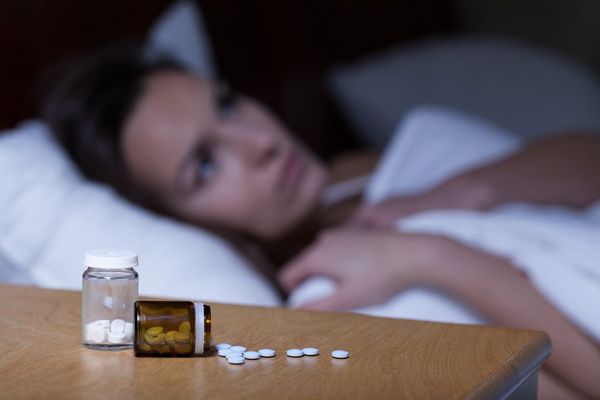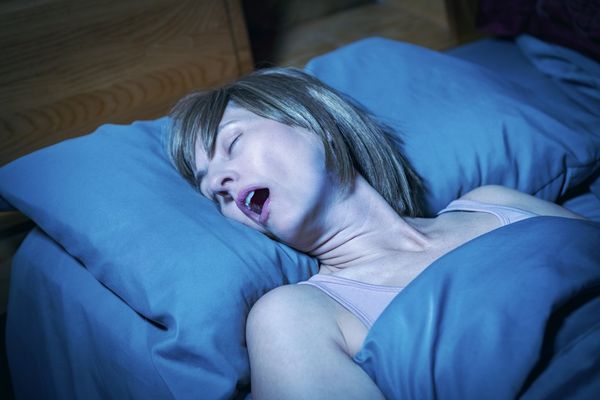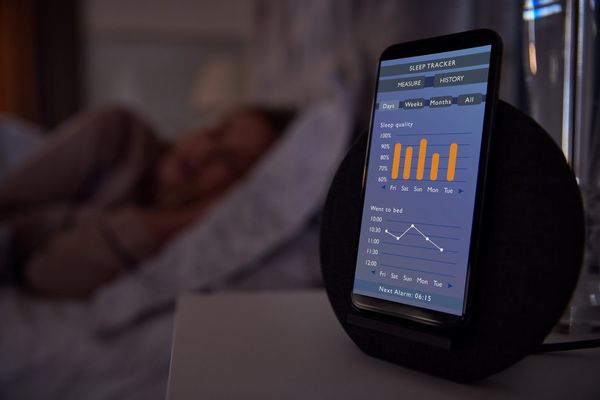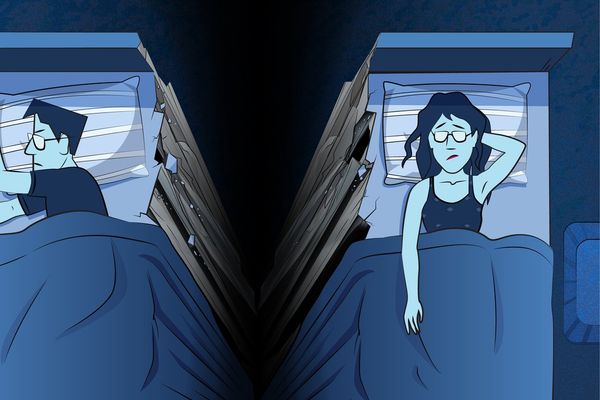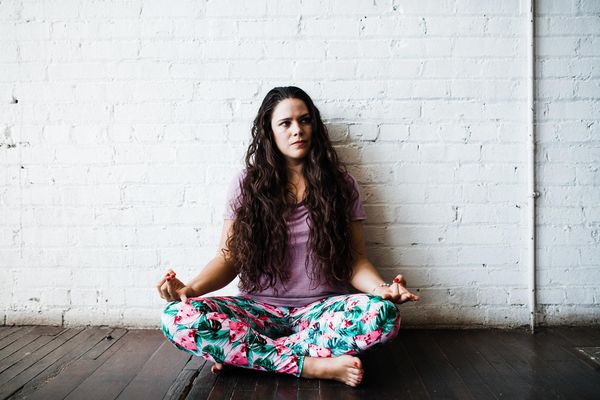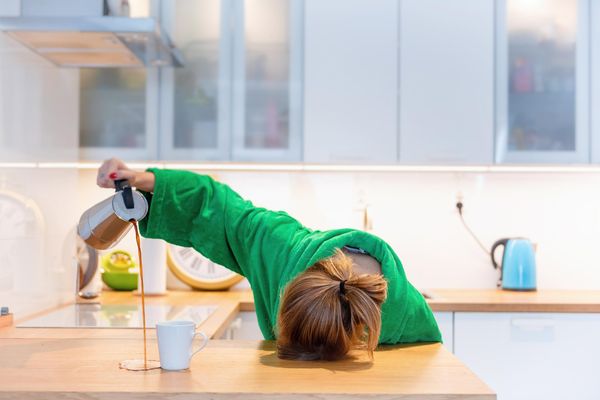When I was in my 20s, I was a great sleeper. I'd hit the pillow after a long day at work and I was out for the count. I remember my roommate W was envious of how quickly I would nod off. Not anymore.
These days, as a postmenopausal woman, I rarely fall asleep even after 30 minutes of relaxing music. Some nights I feel like I barely get any shut-eye at all.
I've tried many remedies—from warm milk to warm baths, from valerian (ooh, ooh, ooh, cannot stomach that herb in any form) to melatonin—without much success. Most evenings I enjoy a cup of chamomile tea and douse myself with lavender oil. Yet, some nights nothing seems to work.
While I do see a sleep doctor about twice a year, I'm always open to any and all sleep experts. That's why when the team at AARP invited me to interview Life Reimagined Thought Leader and psychiatrist, Dr. Janet Taylor, and try out her new "Sleep Better" activity created for LifeReimagined.org, I said "yes."
The "Sleep Better" Program
The program was quick to complete at only four steps:
- First, I took the quiz to rate my sleep health. My results: "You need more sleep."
- Next, I learned methods to manage my stress and meditate. I liked Dr. Taylor's evening meditation. Her soothing voice helped me to relax.
- Third, I reviewed physical and mental activities that will help me get a better night's rest. I did well in both areas—daily yoga, bicycling and walking to activate my body and reading The New York Times and blogging to stimulate my mind.
- Day four, I went over what was working and where I need to improve. It was recommended to keep a journal, which I currently do.
I encourage you to check out the "Sleep Better" activity and let me know how you do.
Q&A With Dr. Janet Taylor
After completing the "Sleep Better" program, I had a few questions for Dr. Taylor.
Q: Do you have suggestions if I have trouble falling asleep?
Dr. Taylor: Manage your stress. Practice healthy coping methods to deal with stressors or anxiety. Perhaps try diet supplements, for example the combination of 500 mg of magnesium and 250-300 mg of calcium citrate has been shown to ease muscles while trying to fall asleep. Meditate by focusing on the breath, with eyes closed while allowing thoughts to flow in and out and relaxing your muscles. (I practice relaxing my facial muscles too. Sometimes my face is tense so I put my tongue on the roof of my mouth and let my face relax. I learned this technique in yoga.)
Q: What about getting back to sleep when I awake at 3 a.m.?
Dr. Taylor: Avoid turning on the television or checking any screen including clocks. Don't watch the clock. Check your room temperature. Most people sleep better in cooler rooms. If you are still awake after 30 minutes, get up and out of bed. Walk around, read a book, avoid overstimulation and try to go back to sleep. (Guess I better turn my clock around so I cannot constantly check it. I've been doing a great deal of night reading. I'm currently reading The Nightingale. It's very good.)
Q: Are there any natural remedies you would recommend?
Dr. Taylor: Soothing rituals can aid you before bedtime. The smell of lavender is calming and can help with relaxation. A warm non-caffeinated beverage like chamomile tea or valerian tea is also calming, and the warm liquid can slightly raise body temperature and aid in feeling sleepy. (OK, Dr. Taylor, I'm going to continue to use my lavender oil and drink my hot tea. Maybe it will help. I'm also trying some new pillows. One I received from BackJoy called SleepSound and one my friend R likes called Indulgence by Isotonic.)
Sounds like there is no miracle cure. Regardless, I hope if you do fall asleep tonight that you have sweet dreams!
Read more on sleep:
Debunking 6 Sleep Myths
Sleep Disorders
Is Menopause Playing Havoc With Your Sleep?
This post originally appeared on aboomerslifeafter50.com.


